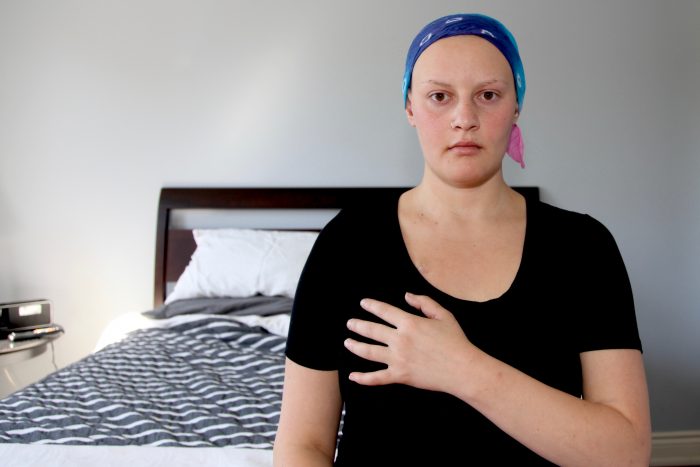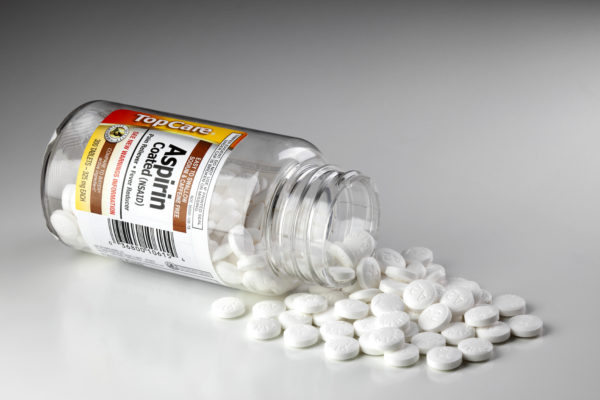
Medications administered in addition to surgery for adjuvant breast cancer therapy may not improve markers of heart health at two years, new results from the Prevention of Cardiac Dysfunction During Adjuvant Breast Cancer Therapy (PRADA) trial presented at the American College of Cardiology Scientific Session (ACC.21) indicate.
“Adjuvant breast cancer therapy containing anthracyclines with or without anti-human epidermal growth factor receptor (HER)-2 antibodies and radiotherapy is associated with cancer treatment-related cardiac dysfunction,” the authors wrote in the background portion of study abstract. “In the PRADA trial, concomitant treatment with the angiotensin receptor blocker candesartan attenuated the reduction in left ventricular ejection fraction (LVEF) in women receiving treatment for breast cancer, whereas the beta-blocker metropolol attenuated the increase in cardiac troponins.”
To assess the long-term effects of candesartan, metropolol, and their combination, the authors designed a 2 X 2 factorial, randomized, placebo-controlled, double-blind trial, that enrolled 120 patients with early-stage breast cancer. Patients randomly assigned (1:1:1:1) to take candesartan cilexetil (commonly taken for blood pressure and heart failure), metropolol succinate (for blood pressure treatment after a heart attack, or for heart failure), both therapies, or only placebo while they received normal breast cancer treatment. Patients underwent MRI at baseline and at 23 months for assessment of heart function. The primary study outcome measure was the change in LVEF via cardiac MRI from baseline to follow-up.
According to the study results, there was a small decline in LVEF, but between-group differences were insignificant. Treatment with candesartan was linked significantly with a reduction in LV end-diastolic volume compared with those who did not take candesartan (P=0.021) and an attenuated decline in global longitudinal strain (P=0.046).
“Cardioprotective treatment with these drugs may give the patients side effects and should not be given routinely when it’s not needed,” lead author Siri Lagethon Heck, MD, PhD, a cardiovascular radiologist at Akershus University Hospital, Lørenskog, Norway, said in a press release. “We want to try to identify the patients who are at higher risk for heart problems and who might benefit more from cardioprotective drugs. With this information, we can really put the effort where the help is needed.”
Heck S. Prevention of Cardiac Dysfunction During Adjuvant Breast Cancer Therapy (PRADA): Long-term Follow-up of a 2 x 2 Factorial, Randomized, Placebo-Controlled, Double-Blind Clinical Trial of Candesartan and Metoprolol. Presented at: American College of Cardiology Scientific Sessions; May 15-17, 2021.







 © 2025 Mashup Media, LLC, a Formedics Property. All Rights Reserved.
© 2025 Mashup Media, LLC, a Formedics Property. All Rights Reserved.